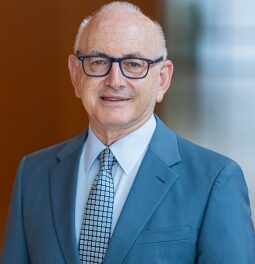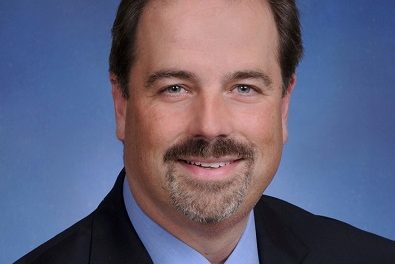By Mary Mayhew
As lawmakers meet in Tallahassee, one of the hospital industry’s core messages is that they are community infrastructure. They are just as foundational to societal and economic flourishing as roads, bridges, utilities, and schools. Indeed, the U.S. Department of Homeland Security includes the health care sector in the list of 17 key infrastructure sectors in its National Infrastructure Protection Plan.
Just as we have a national commitment and plan to preserve and protect essential infrastructure sectors, hospitals have a commitment and plan to preserve and protect their own foundational infrastructure – their workforce. While seemingly obvious, the hospital workforce is indispensable to hospitals’ core work, the delivery of patient care. The machines, beds, equipment, supplies, medications, robotics, and technology that constitute modern medicine all would be useless without the people in hospitals who use them and direct them.
It’s no secret that we need more health care workers. There’s almost no health care institution anywhere in the country that does not have a workforce supply and recruiting challenge. Quite simply, the need for health care workers, particularly nurses, exceeds supply. Last year, the Legislature and governor made a significant investment in growing the nursing workforce with $100 million for the Prepping Institutions, Programs, Employers, and Learners through Incentives for Nursing Education (PIPELINE) program and $25 million for the Linking Industry to Nursing Education (LINE) fund for institutions to recruit faculty and clinical preceptors for their nursing programs. Continuing this funding is critical for supporting nursing education in nursing schools and at the bedside and overcoming the gap between supply and demand for nurses.
But, the much-needed focus on addressing workforce challenges also needs to incorporate a focus on the priority of supporting and retaining the current workforce.
The last three years have been unlike no other in recent memory for health care workers. Tragically, however, despite their personal sacrifices and dedication to patient care, many have experienced violence in their places of work. Recent studies indicate that 44% of nurses reported experiencing physical violence and 68% reported experiencing verbal abuse during the COVID-19 pandemic. This is unacceptable.
Fortunately, lawmakers can take an unequivocal stand against these incidents by passing Senate Bill 568, by Sen. Ana Rodriguez and House Bill 825 by Rep. Berfield, to strengthen criminal penalties against perpetrators of violence against hospital personnel, no matter where in the hospital they work. Passage of SB 568/HB 825 will send a strong signal both to those who would commit assault or battery against health care workers that such incidents will not be tolerated and to health care workers themselves that, collectively, we value them and their work.
Second, lawmakers can demonstrate meaningful support for health care workers and help make Florida the best place in the country to be a health care professional by supporting housing initiatives.
The Hometown Heroes Housing Program originally launched in June 2022 to help law enforcement officers, first responders, nurses, and others who dedicate themselves to serving their communities with a first-time home purchase. Authorized in the 2022 state budget, the program since has provided more than $65 million to nearly 4,500 qualifying individuals to help with down payments and closing costs for home purchases. SB 102 and HB 627, as introduced, would create a similar program in statute, ensuring the continued ability to give back to the individuals who serve their communities every day.
Solving the health care workforce crisis requires a multi-faceted response. Recruitment support and growing the workforce education pipeline are critical. Just as critical is supporting and retaining the experienced and dedicated workforce who have given so much to our communities and our state. There are two good opportunities this legislative session to show meaningful support and help hospitals retain the workforce they need to deliver the very best patient care every time.
Mary Mayhew is President and CEO, Florida Hospital Association



























